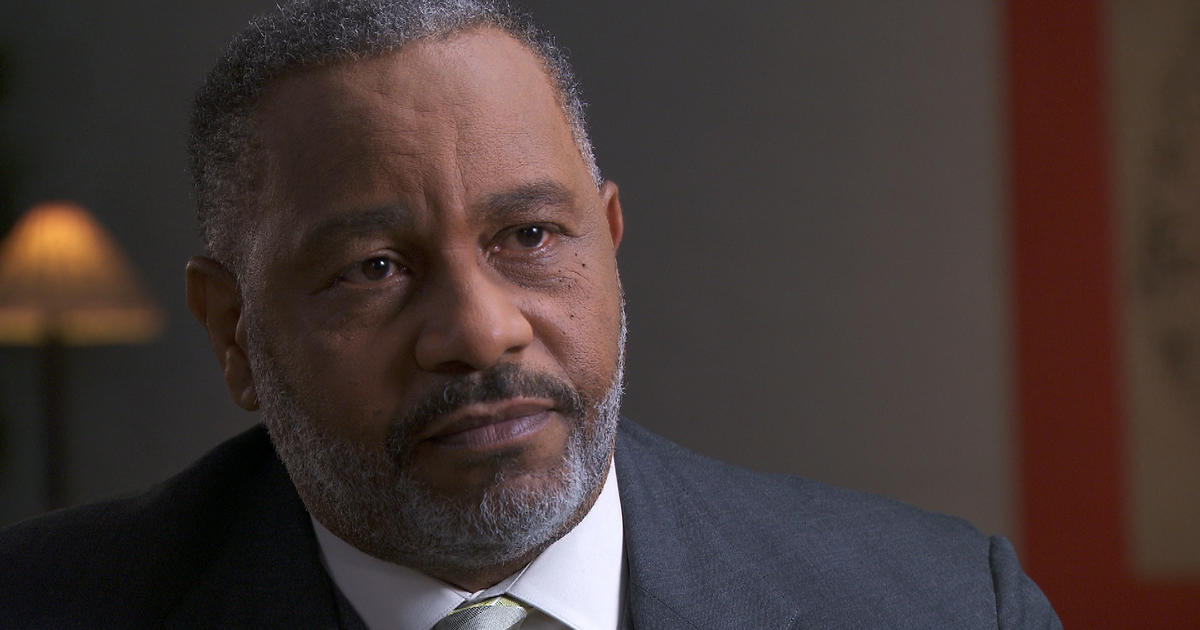60 Minutes headlined
the story of Ray Hinton—an Alabama man who sat on death row for 30 years
waiting his execution. However, in 2016 he was exonerated because of new evidence
that emerged. In order to understand Hinton’s story, we have to go back to 1985.
Ray was misidentified by a witness who picked him out of a mug shot book. His
picture was in there after a theft conviction. When police found a gun in his
mother’s house, a lieutenant told him that he’d been arrested in three
shootings including the murders of two restaurant managers.
Hinton was wrongfully convicted
at age 30. He remembers, too vividly, the Alabama electric chair and the scent
that permeated the cell block when a man was met by 2,000 volts. He was 57 when
the U.S. Supreme Court ruled 9 to zero that his defense had been ineffective. A
new ballistics test found that the gun was not the murder weapon. All the
charges against Hinton were dropped, but sadly the State did nothing to help
Ray get back up on his feet, much less compensate him for lost earnings.

Ray Hinton
During the interview with
Ray, a reporter asked him, “Are you angry?” and here is how he responded, “They
took 30 years of my life. What joy I have left I cannot afford to give that to
them. And so being angry would be letting them win. In a way I would still be
in prison. I don’t want to spend what little time I have left wasting it on
hating people and events I can’t change.”[1]
What a response! Ray’s answer
to injustice reminded me of the painful ordeal that Joseph went through. You
remember, Joseph—Jacob’s favored son with the technicolor coat. His eleven
envious brothers plotted to stage his death. He was thrown into a pit and sold
to slave traders bound for Egypt. While in Egypt he rose to prominence as the
master over Potiphar’s house. Things looked great for Joe, but then Mrs. Potiphar
made a move on Joe and he resisted her seduction. The jilted lady got her revenge
on Joe by concocting a story that he tried to rape her. As a result, Joseph was
wrongfully convicted and thrown into an Egyptian prison (Gen. 37-40).
From an earthly
perspective the Egyptian jail was the tragic conclusion of Joseph’s life. Satan
could chalk up a victory for the dark side. All of God’s plans to use Joseph
seemed to end with the slamming of the jail door. The Enemy had Joe right where
he wanted him, but so did God.
Consider the insight of
the Psalmist, “17 Joseph, who was sold as a slave. 18 His feet were hurt with
fetters; his neck was put in a collar of iron; 19 until what he [God] had said
came to pass,
the word of the Lord tested him.” (Ps. 105:17-19). Don’t miss that last part. God was
using the prison for something greater in Joseph’s life. No doubt, God used that
experience to humble His man.
As a boy Joseph was prone
to softness. Jacob spoiled him. Joseph talked about his dreams and ambitions. A
bit too full of himself, perhaps. Even in Potiphar’s house Joseph was the
darling of the estate. Quickly promoted, often noticed. Success came easily. Perhaps,
pride did as well. If so a prison term would purge that. God knew the
challenges that lay ahead, and He used Joseph’s stint in the slammer to make him
a better man.
Max Lucado adds, “If you
see your troubles as nothing more than isolated hassles and hurts, you’ll grow
bitter and angry. Yet, if you see your troubles as tests used by God for His
glory and your maturity, then even the smallest incidents take on significance
. . . If God can make a prince out of a prisoner, don’t you think he can make
something good out of your mess? If you allow it this test will become your
testimony. Your mess can become your message. Rather than ask God to change your
circumstances, ask Him to use your circumstances to change you.”[2]
-DM

